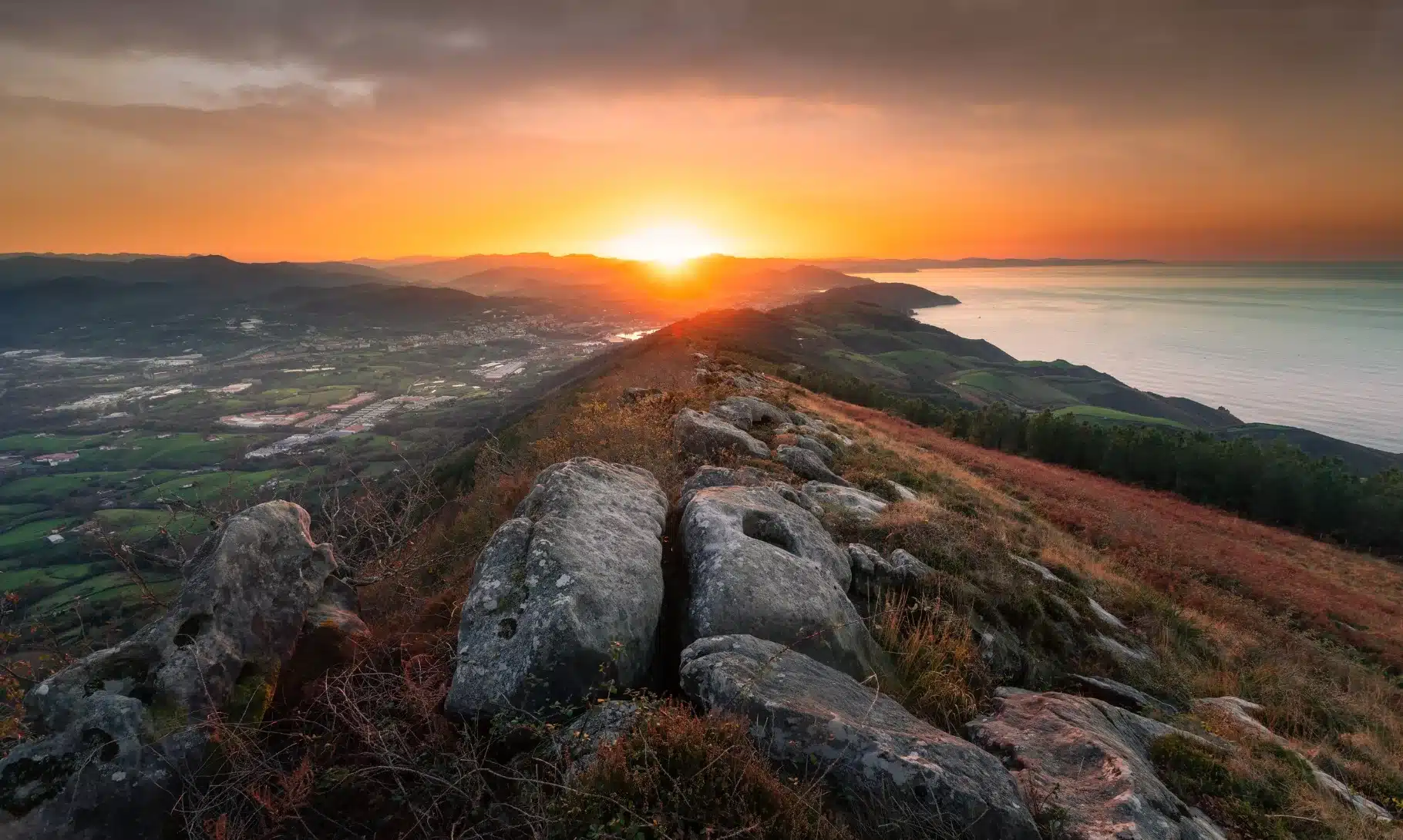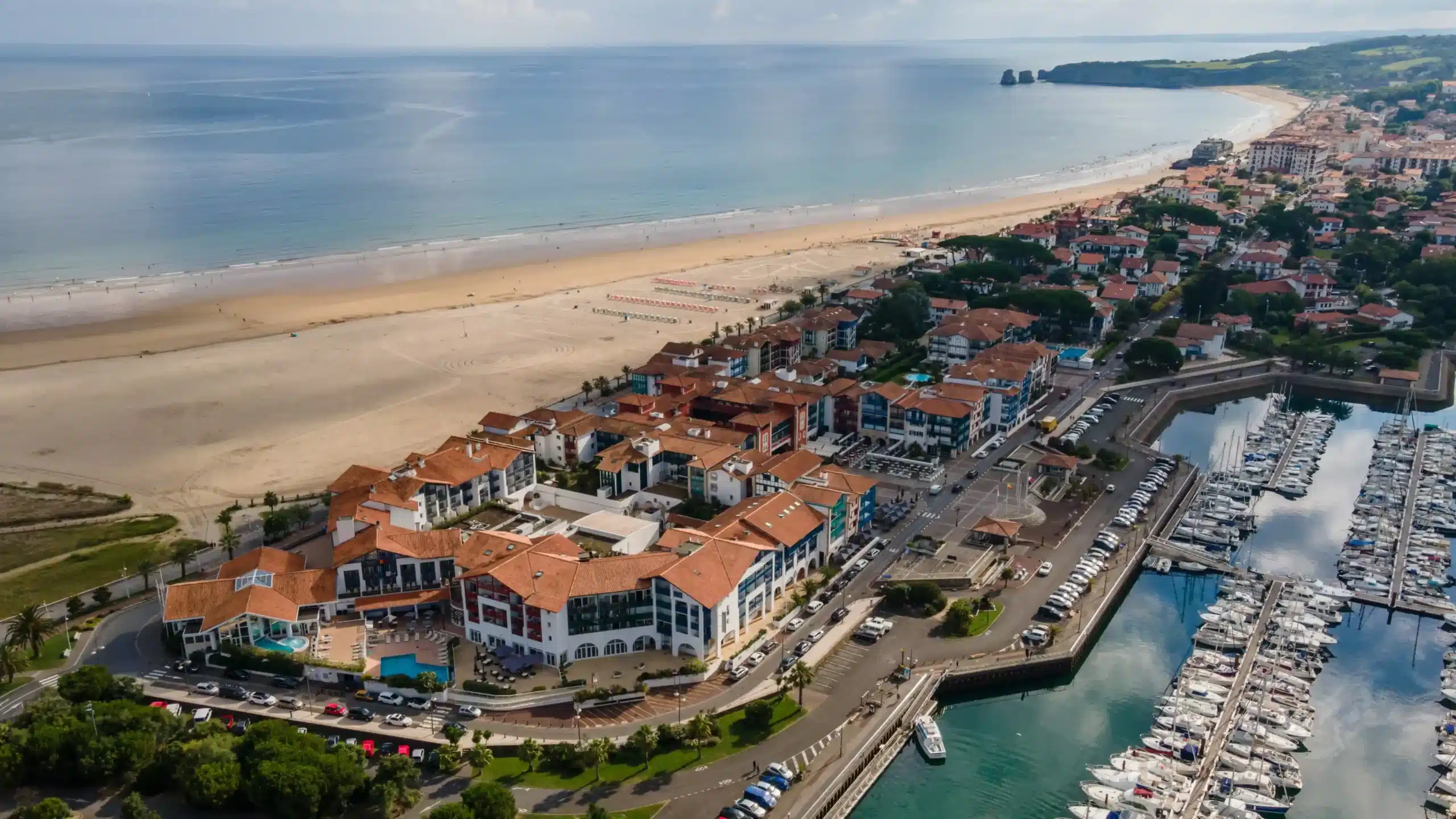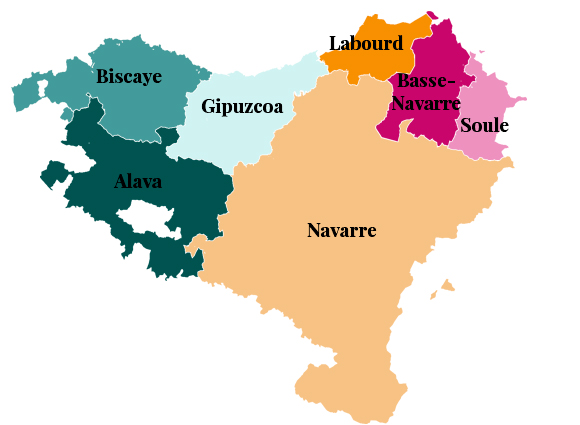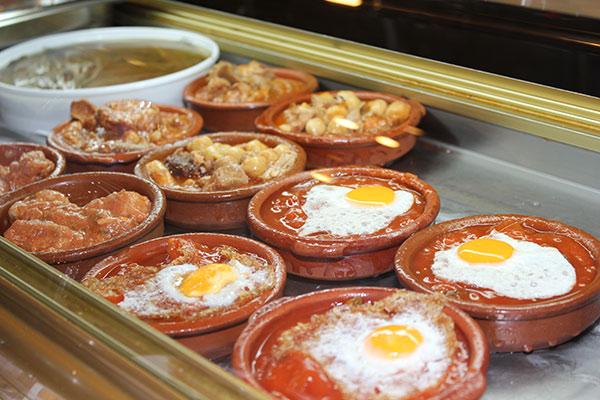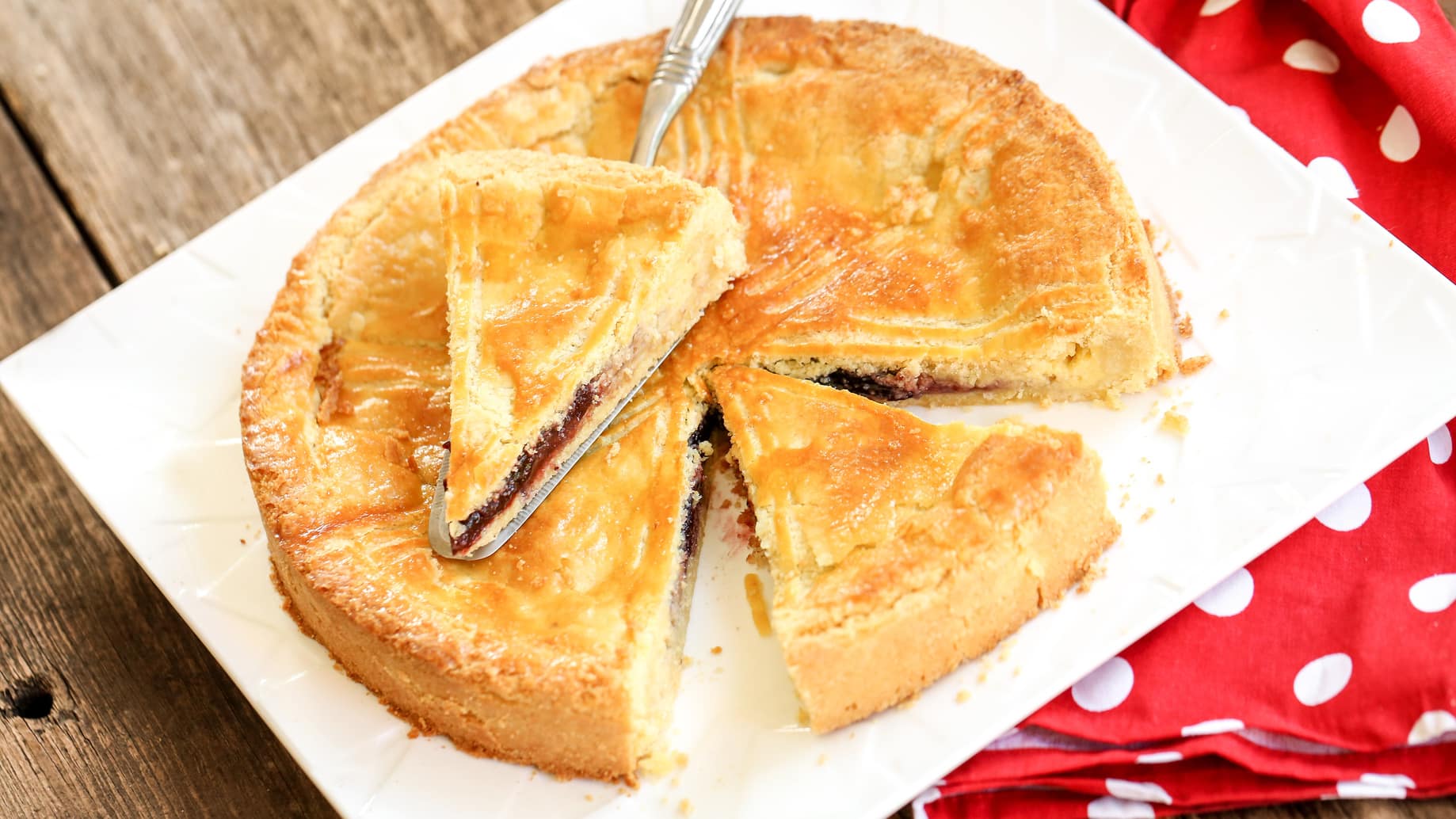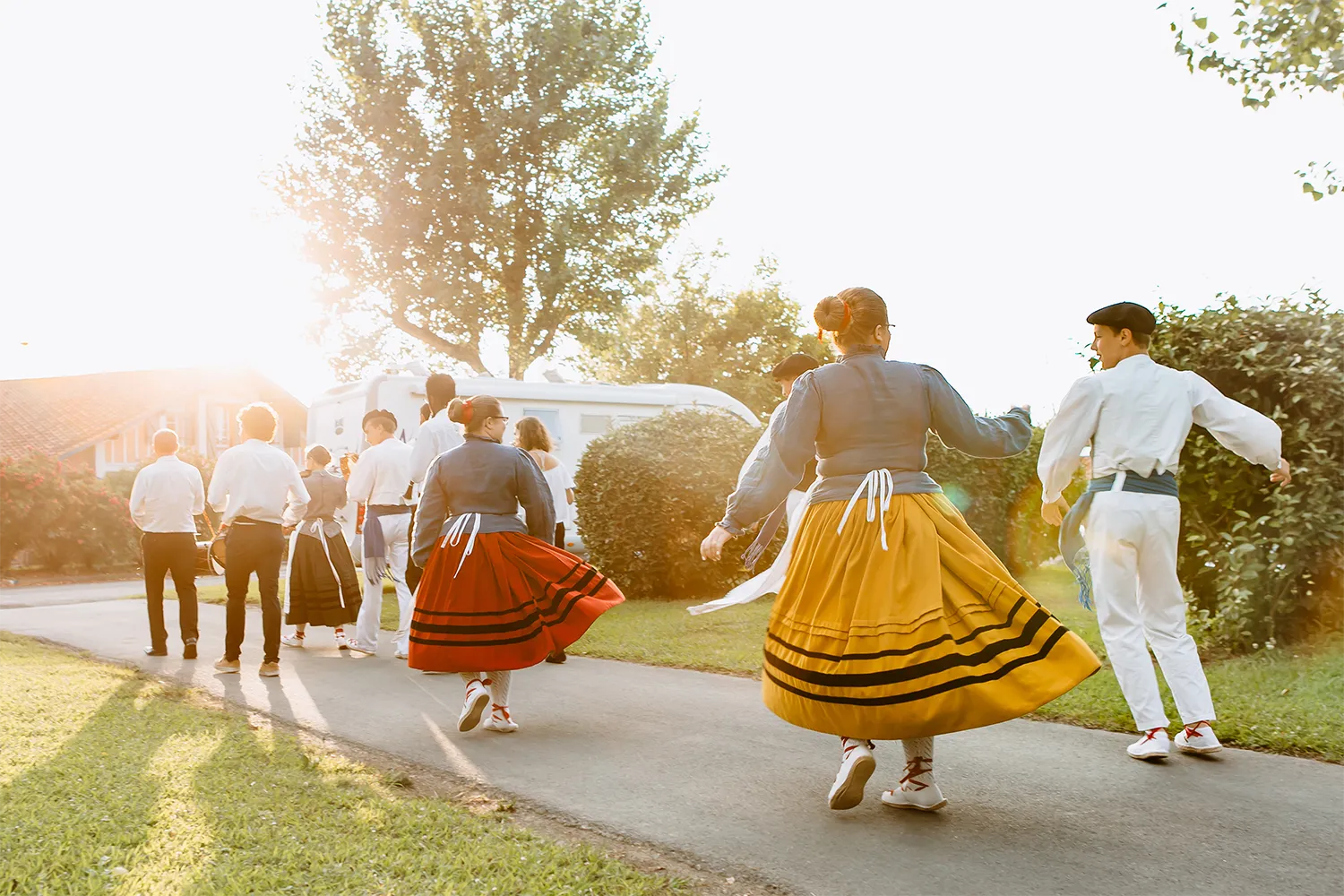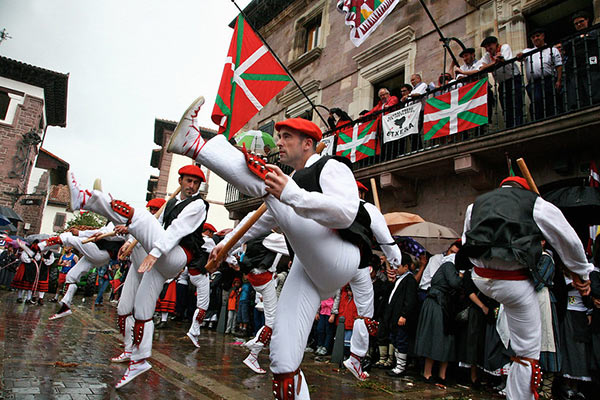Mapping the Basque Country
Straddling the French and Spanish territories on either side of the Pyrenees, the Basque Country is made up of historic provinces with a shared culture.
A linguistic and cultural area with a strong identity, the French Basque Country is a territory where ancestral traditions are still alive and well. The Basque cultural heritage, its sports, dances, language, gastronomy, skills and unique arts such as bertsolaritza, have been passed down unaltered from generation to generation.
The seven Basque provinces stretch from the Pyrenees to the Atlantic. Most of the Basque Country lies on the Spanish side: south of the Pyrenees lie the 4 provinces of Navarre around Pamplona, Guipúzcoa around Vitoria-Gasteiz, Alava, whose capital is San Sebastian, and Vizcaya around Bilbao. The various historic capitals of these provinces are essential destinations for those wishing to discover the Basque Country.
On the French side, three Basque provinces lie at the foot of the Pyrenees:
Labourd to the west, where you’ll find our Basque Country campsite, which includes the Atlantic coastline from Bayonne to Hendaye and the famous coastal towns of Biarritz and Saint-Jean-de-Luz, as well as the emblematic villages of Espelette and Itxassou. Basse-Navarre in the center, with its typical villages of Sain-Jean-Pied-de-Port and Saint-Etienne-de-Baïgorry. Soule to the east, around Mauléon and Sainte-Engrâce.
On the coast, the Basque coast contrasts with the landscapes of the Landes with its rocky backdrop and steep cliffs. Wide sandy beaches alternate with more secret coves. Plunging into the ocean, the Pyrenees mountains rise to a peak of around 2,000 m in the Basque Country. They provide the region with a unique backdrop, both gentle and distinctive, very green.
The climate of the Basque Country
The climate of the Basque Country is renowned for its mildness. Although very much in the south, the region benefits from the influence of the Gulf Stream and is therefore characterized by an overall temperate climate, with mild winters on the plains and high rainfall throughout the year. Summers are not as dry and hot as on the Mediterranean coast, with the exception of the provinces of Alava and Navarre on the Spanish side (find out more on the map of the Spanish Basque Country).
The Basque Country is characterized by a wide variety of environments, from oceanic coastline to high mountains, with extreme temperatures reaching 35° in summer and as low as -15° in winter.
The gastronomic culture of the Basque Country
Basque gastronomy is an integral part of the Basque cultural heritage.
Reflecting its traditions and history, it showcases ancestral know-how and typical products.
Influenced by both the mountains and the sea, the Basque culinary heritage combines the generosity and typical flavors of the Southwest and Spain. It’s made up of unique dishes whose recipes have been handed down from generation to generation, and of local products that are always handcrafted. Charcuterie, cheeses, wines, peppers, pastries and seafood form a varied range of typically Basque products to discover during your stay at our Pays Basque campsite.
- Piment d’Espelette PDO: an essential ingredient in Basque gastronomy, it enhances many dishes. The garlands of chillies drying on the facades of Labourdine houses are an epitome of the typical Basque village. Piment d’Espelette, the color of the shutters and half-timbering of Basque houses, is a strong emblem of the region.
- Ossau Iraty cheese: Basque cake: topped with crème pâtissière or black cherry jam, it’s an essential part of Basque gastronomy, served at the local table or on the shelves of the finest pastry shops.
- Bayonne Ham: world-famous, it is the subject of an annual competition and, of course, has its own brotherhood. Chocolate: a Basque speciality since the 17th century, today it is often combined with Espelette chilli pepper.
- AOC and AOP wines from Irouléguy: one of France’s smallest vineyards, around the village of Irouléguy in Basse-Navarre.
- Izarra: a green or yellow herbal liqueur created in Hendaye in 1906.
- Itxassou cherries: a local product regularly paired with cheese, chocolate, hot peppers and Basque pastries.
There are also dishes that are emblematic of the Basque Country, such as veal Axoa, chipirons a la plancha and the various recipes for line hake, traditionally caught by the line fishermen of Saint-Jean-de-Luz. On both the Spanish and French sides, traditional cider houses are a must for discovering Basque gastronomy: Txotx, the custom of serving cider directly from the barrel, is practiced here.
Leisure, events and festivities in the Basque Country
Mountainous and oceanic at the same time, the Basque Country offers a wealth of leisure activities, including outdoor pursuits: hiking to the summit of La Rhune or along the corniche, cycle touring on the plains or over the mountain passes, white-water sports on the rivers of the Inland Basque Countryclimbing, paragliding and water sports on the Saint-Pée-sur-Nivelle lake.
The coastline is ideal for all kinds of water sports. At the forefront of these activities, surfing has been an integral part of contemporary Basque culture since the 50s. The spots at Biarritz, Lafitenia, Parlementia and Guétary are world-renowned.
In terms of culture, traditional Basque arts such as the versified jousting of the bertsulari, dance and song are just as much in evidence as contemporary culture, represented by Bilbao’s prestigious Guggenheim Museum.
The built heritage of the Basque country is equally rich, with sublime churches and cathedrals with wooden galleries, picturesque villages with typical Labourdine houses, and many Belle Époque buildings in the coastal resorts.
The Basque Country’s patron saint festivals and férias are veritable institutions, providing an opportunity for many traditions to live on and be passed on. Bullfighting games are very much in evidence. Demonstrations of Basque strength are a must, as are pelota competitions.
Between the many events, cultural visits, outdoor activities and gastronomic discoveries, your vacation in the Basque Country promises to be a busy one!

